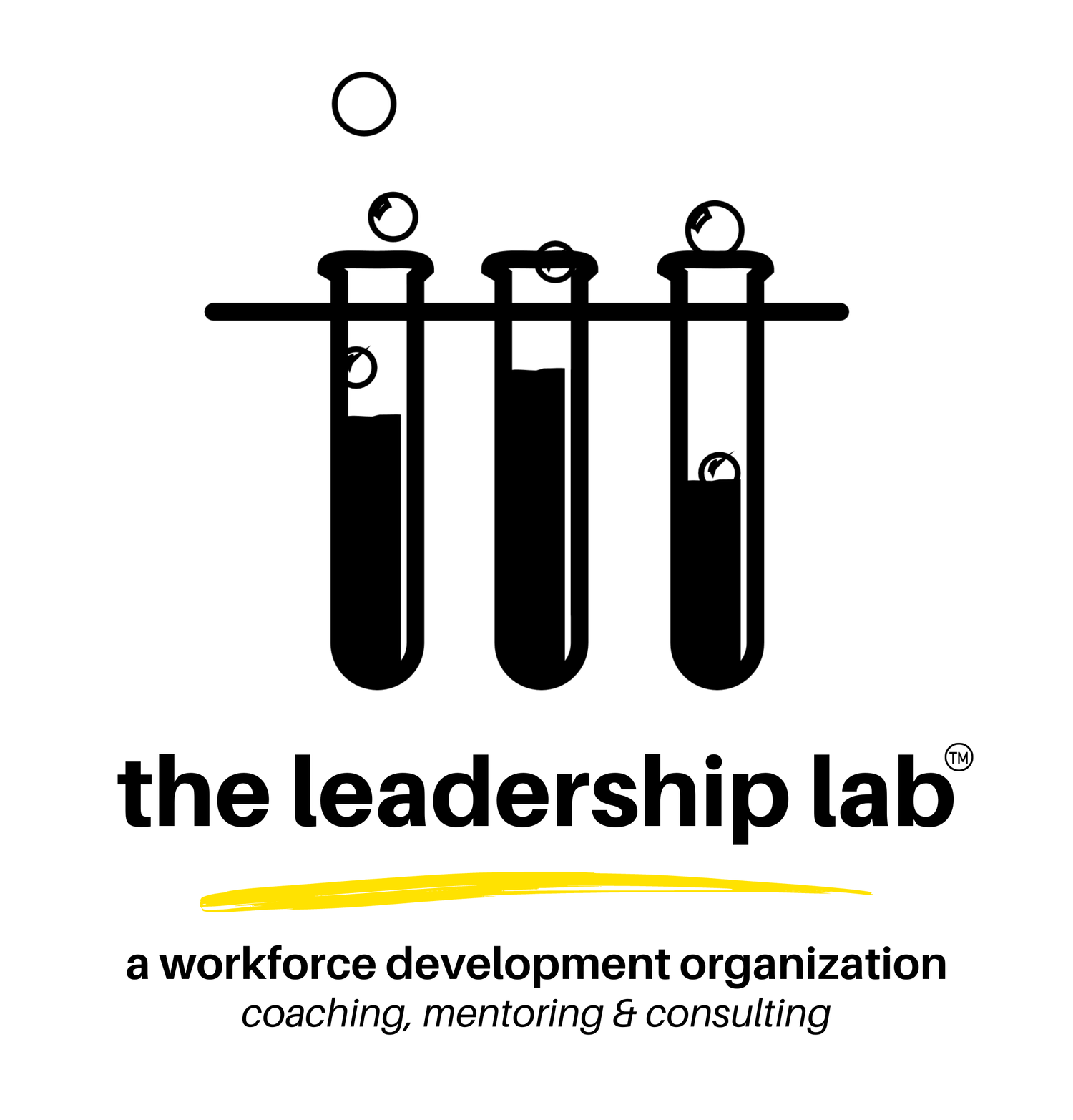Unsure on how to start a cover letter? How do you create a cover letter that grabs attention, you might ask. We will share tips with you. But first, let’s cover the basics!
What is a cover letter? Why is it important?
A cover letter comes together with a CV or a resume. Most companies require you to submit this as part of your job application. The purpose of it is to introduce yourself and summarize your professional background.
Here are the seven tips on how to write a strong cover letter introduction that improves your chances of getting an interview:
1. Express your enthusiasm for the role but go easy on it.
One of the things that a hiring manager looks for in a cover letter is enthusiasm. Employers like a candidate whose passions align with the responsibilities associated with the role. When an employee is passionate about his or her work, the employee is likely to perform better. Passion is one of the key reasons for success.
How do you demonstrate your enthusiasm in your cover letter? In your opening paragraph, explain what made you apply to the position. Include how it fits in your career goals.
For example, suppose you are a customer service representative applying for work. In that case, you can say something like you are excited to apply for the position as you have always wanted to join and be a part of the team. You are confident that you are a perfect fit for the role with your six years of experience sorting out problems encountered by your client's customers.
2. Show your eagerness about the company’s work.
First, you need to do some homework. If you can look up the company on Google, that would be fantastic. Look for information or news about the company you are hoping to join.
Highlight your excitement in your cover letter introduction. Candidates who are personally excited to contribute to a company's goals are valuable because they would benefit the team. They want to know why you like their company. It will be appreciated when you explain why you are interested in becoming a part of it.
3. Highlight your achievements.
Write about your expertise. You can start by noting a professional achievement that makes you an expert in your industry. Be specific and not vague in describing any notable accomplishments.
Draw a connection between the contributions you made at your previous work and how the skills you learned will help you achieve similar results in your next role. In this way, you are reassuring that you are fully capable of doing the job.
For example, suppose you want to apply as a website developer. In that case, you can say that when you were working as one in a company, you successfully helped the business ranked on top of Google searches. Add that it would be an excellent opportunity for you to bring your expertise to the company.
When you are missing experience and do not meet all of the job requirements, do not draw attention. What you can do instead is emphasize your strengths and transferable skills that you have.
4. Use references if you can.
Mention a classmate, friend, or a former coworker who referred you to the job. A hiring manager will most likely take your application seriously if recommended by someone they already work with or respect. Referencing a shared contact is one of the effective ways to distinguish yourself from the other applicants. Perhaps add additional information on how many years you have worked with the mutual person.
5. If appropriate, use creativity or humor.
Avoid generic cover letters. You can put some humor into the cover letter to add personality to your application. Be careful about using a casual tone in writing, as it might come across as unprofessional. You can try a good joke, pun, or a funny opening line. When done tastefully and respectfully, it is an excellent way to stand out. Also, remember not to make your cover letter opening longer than it needs to be.
6. Show what you can do for the company.
You can highlight a problem you are confident that you can tackle for them or skills you can bring to the table. Explain why you are the best for the job and what value you will add to the company. It is important to include how you and the company can benefit each other. Make it about them.
Ask yourself these questions:
"How will the company benefit from me?"
“What can I offer to the company?”
“Is there any value I can add?”
7. Be direct.
Write a short and sweet cover letter. Hiring managers don't want to read a whole novel but a cover letter that catches their attention. As a good rule of thumb, stick to no more than three to four paragraphs. Make your cover letter one page. When stating what you can offer to the company, don't go overboard. A concise cover letter is an excellent way to demonstrate that you can communicate effectively.
If you go for the three-paragraph format, here are the three tips on how to structure it:
The first paragraph should be attention-grabbing to the hiring manager.
The second paragraph shows what you have got to offer.
The third is to prove that you will fit in.
In summary, make sure that your cover letter is enthusiastic, direct, creative, achievement-oriented, and focused on the company's needs. One final note, do not forget to proofread it. You can use a tool like Grammarly. They say don't sweat the small stuff. But, this time, sweat the little details. Re-read, revise, and edit. Remember, a small typo can make or break your chances of getting that interview. Lastly, have a friend take a look at your cover letter and ask for feedback or improvements needed.

